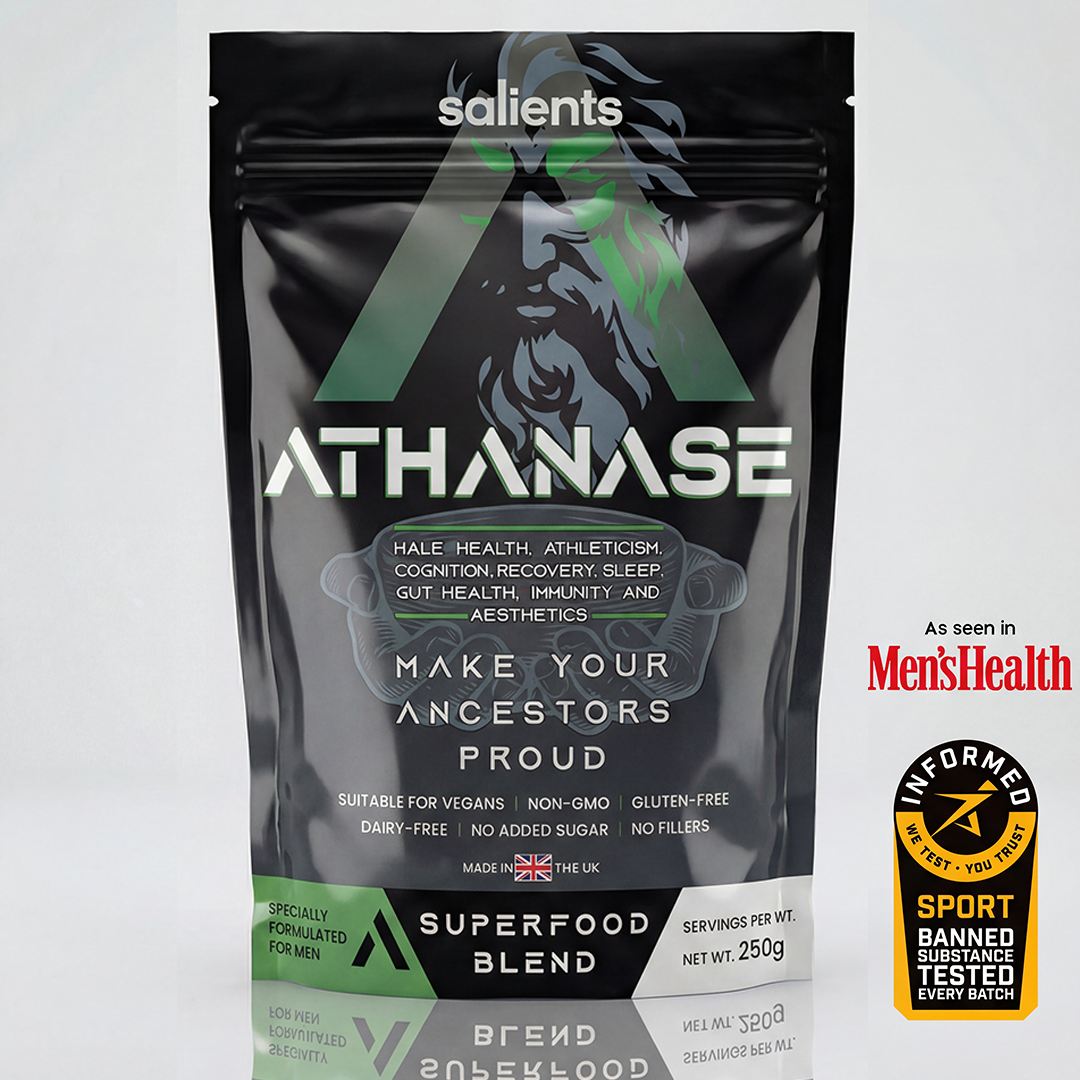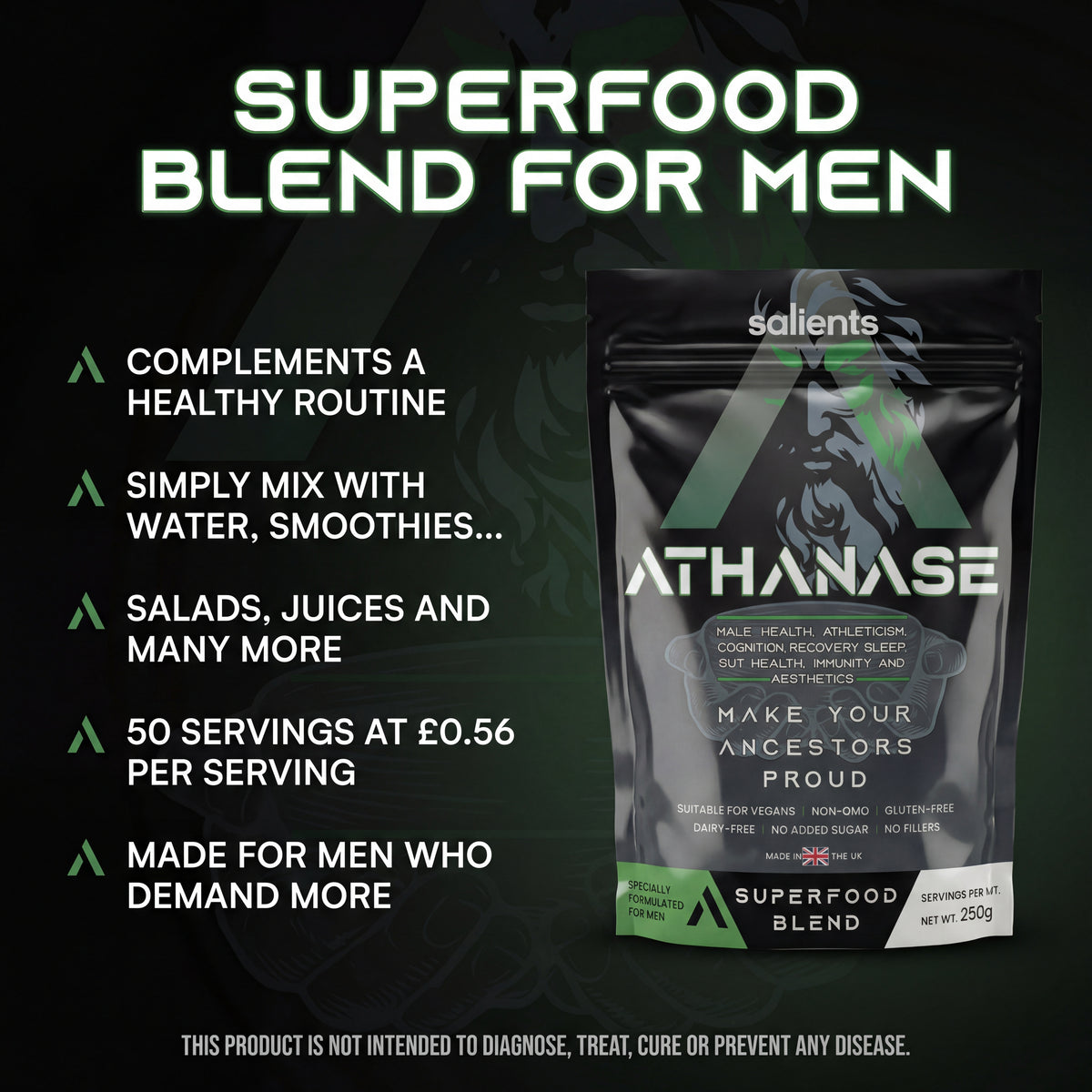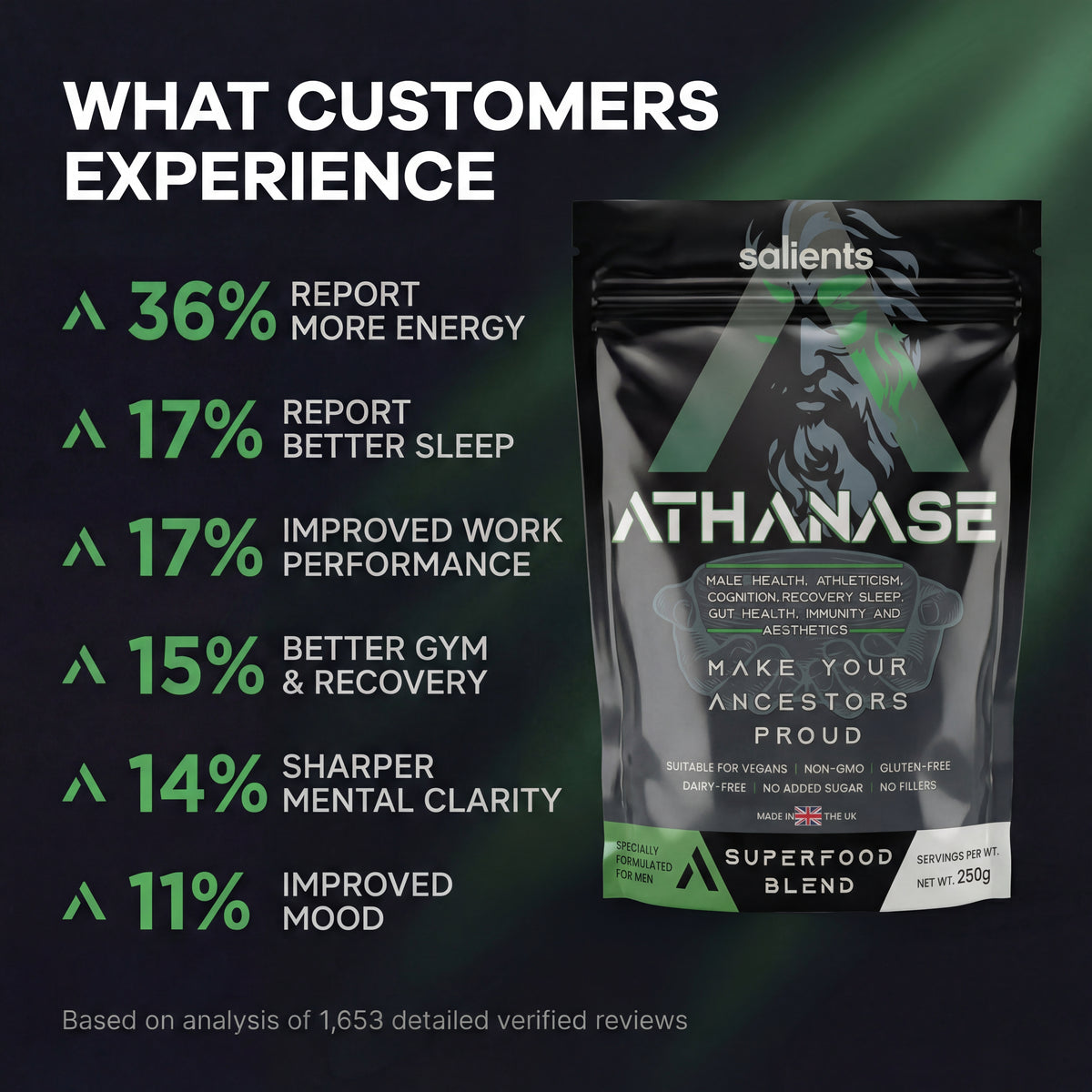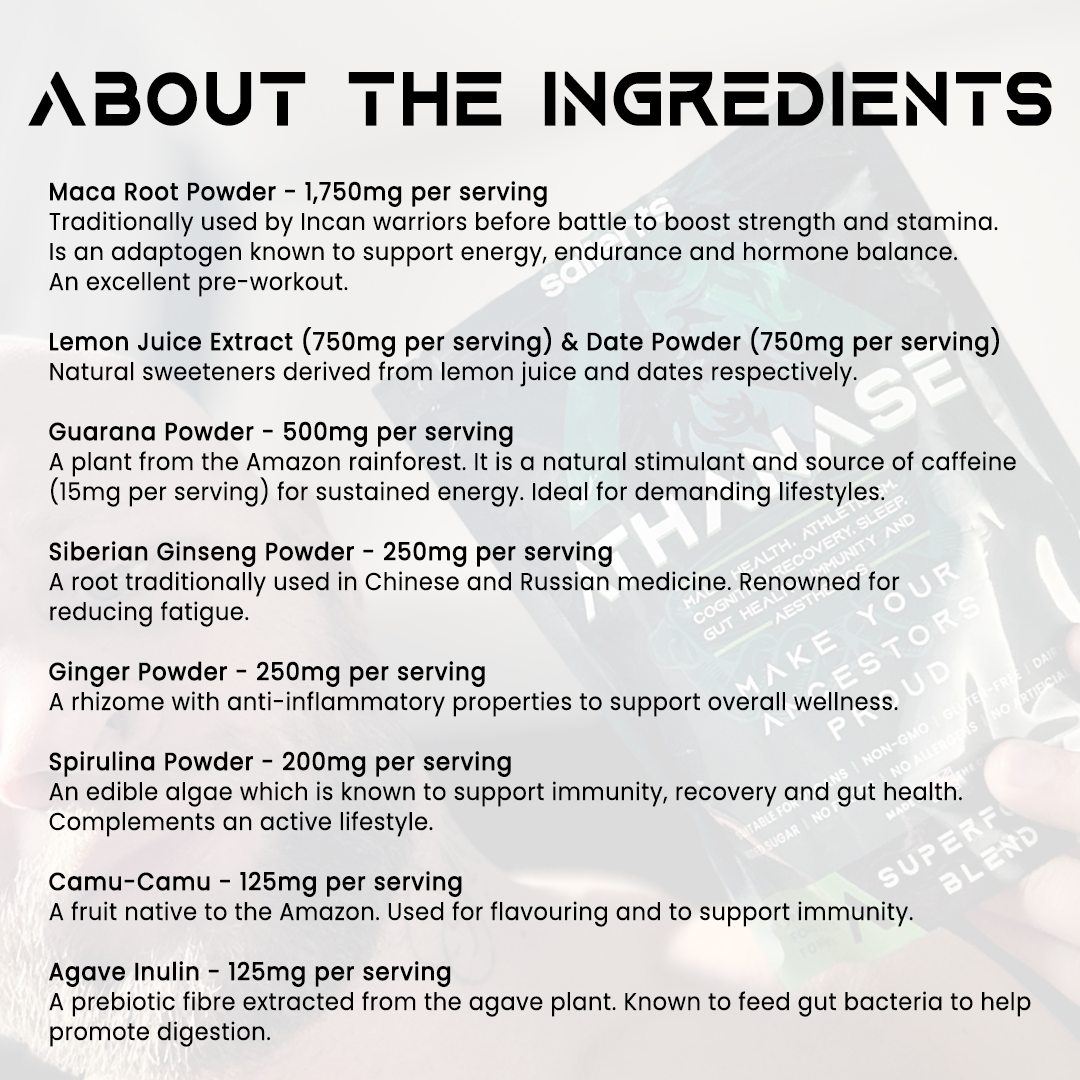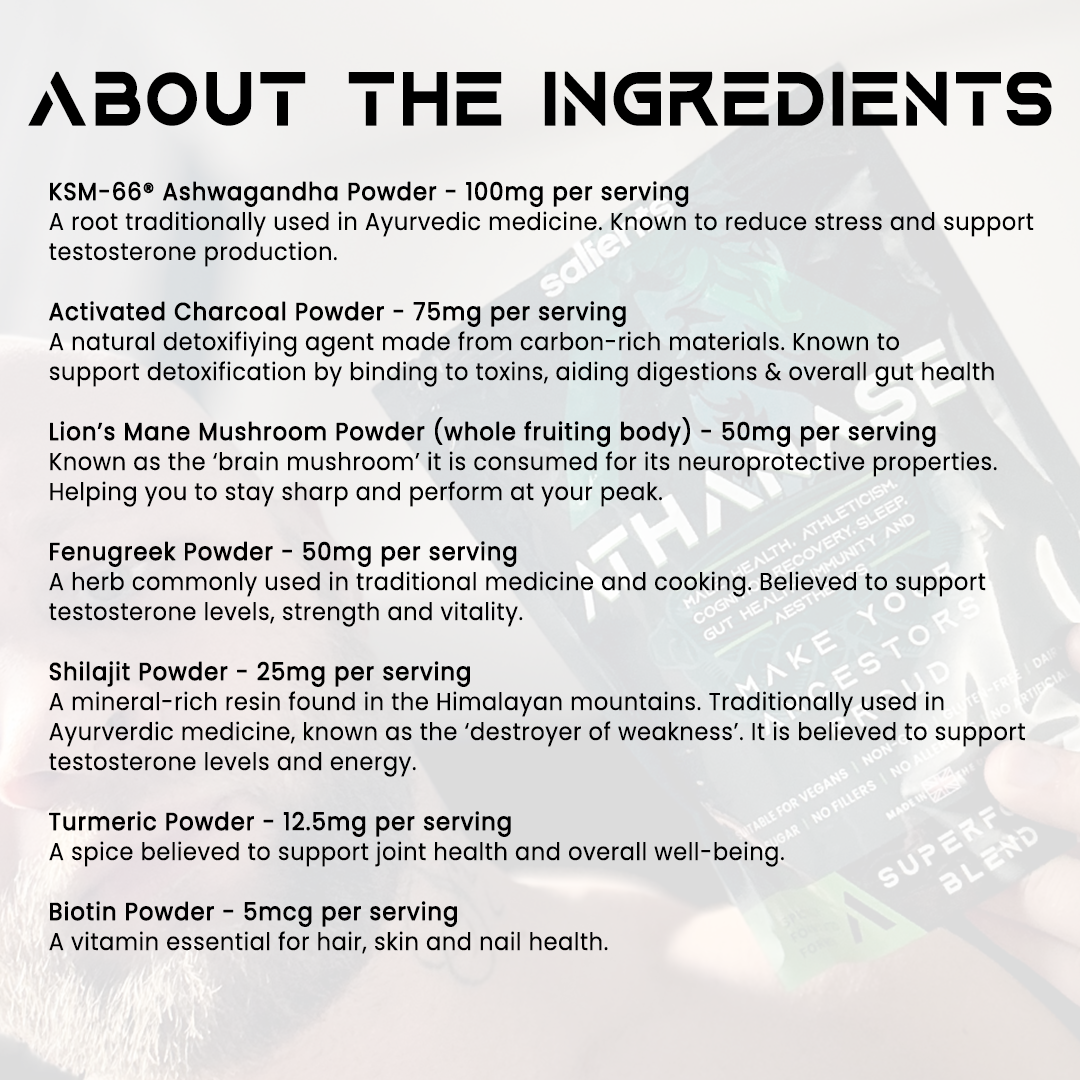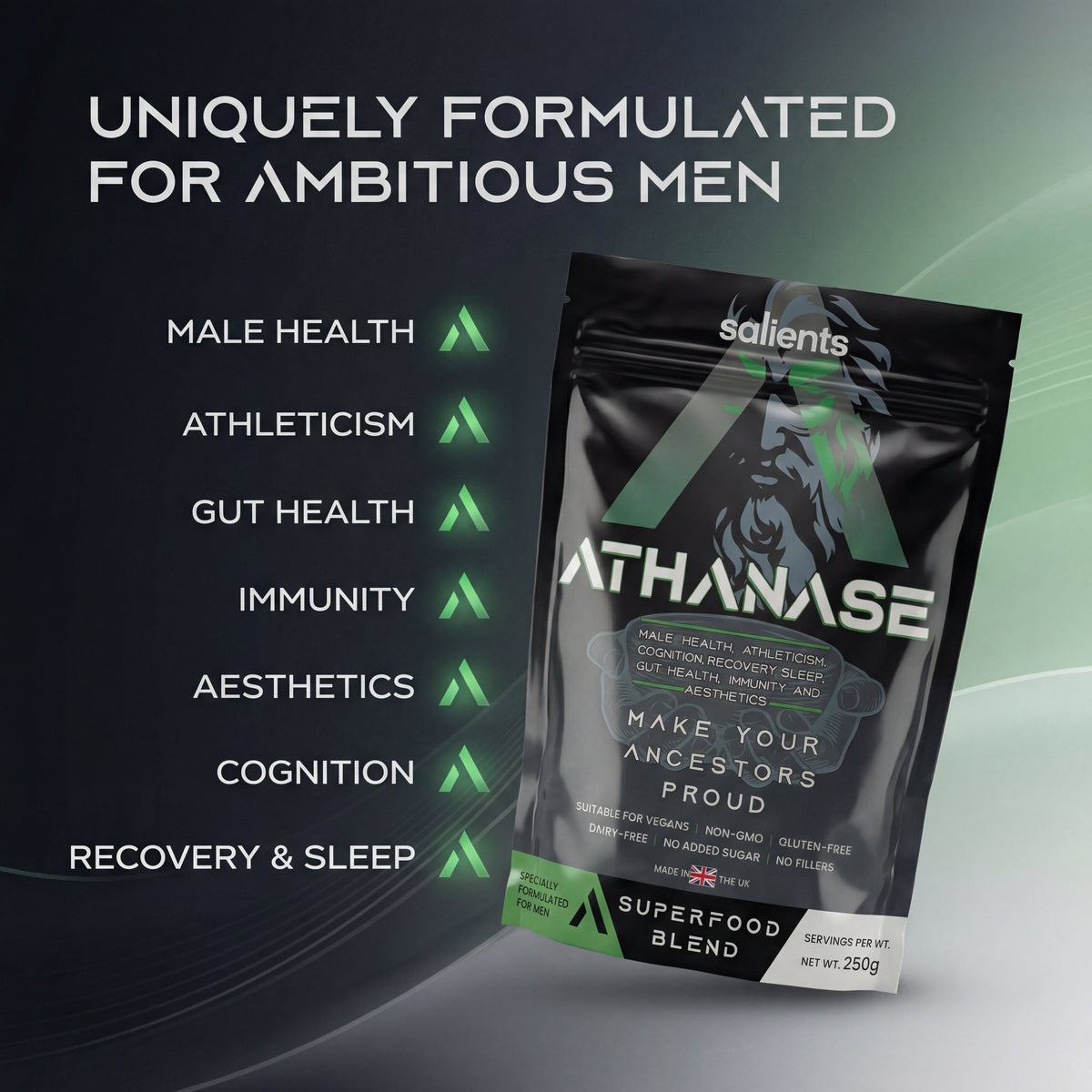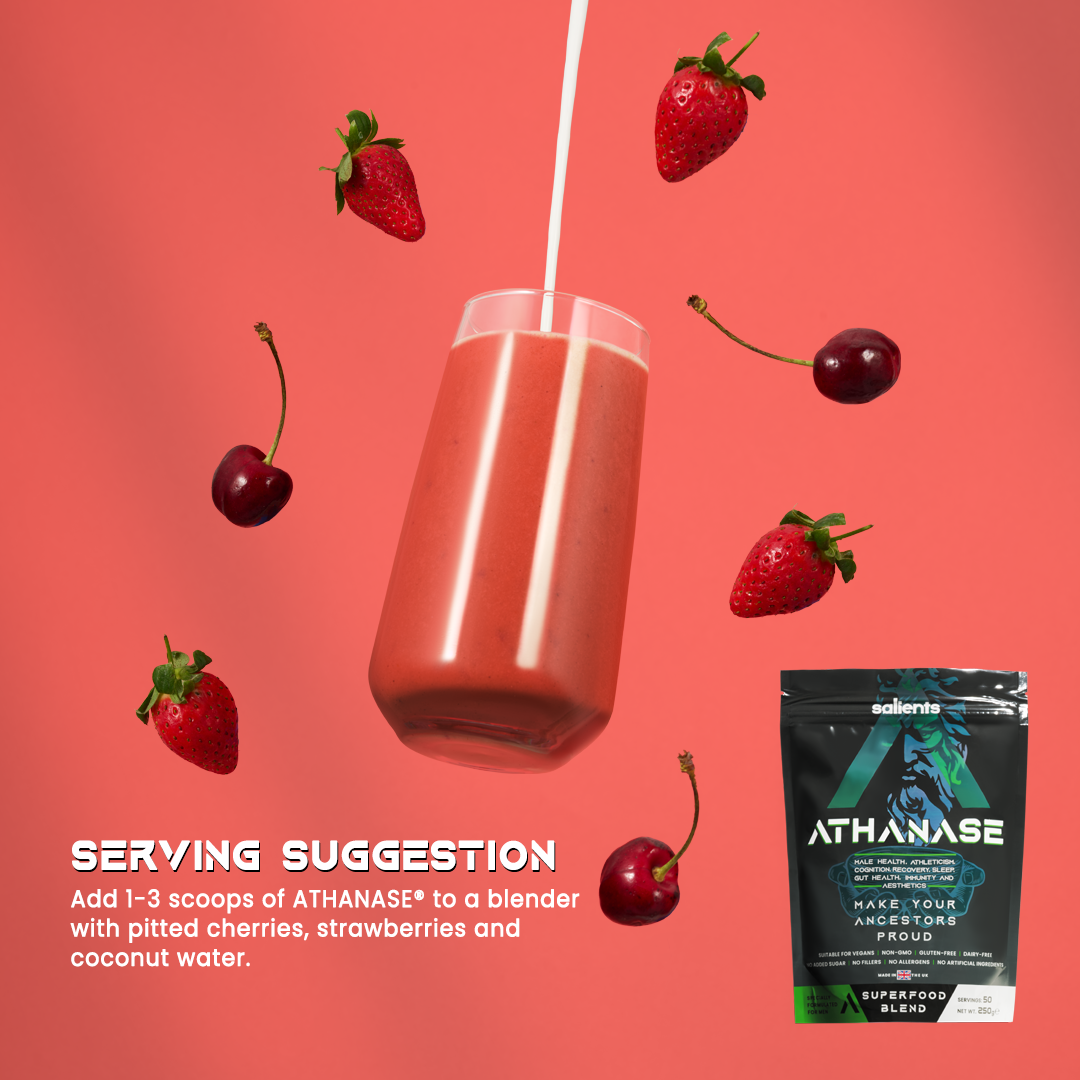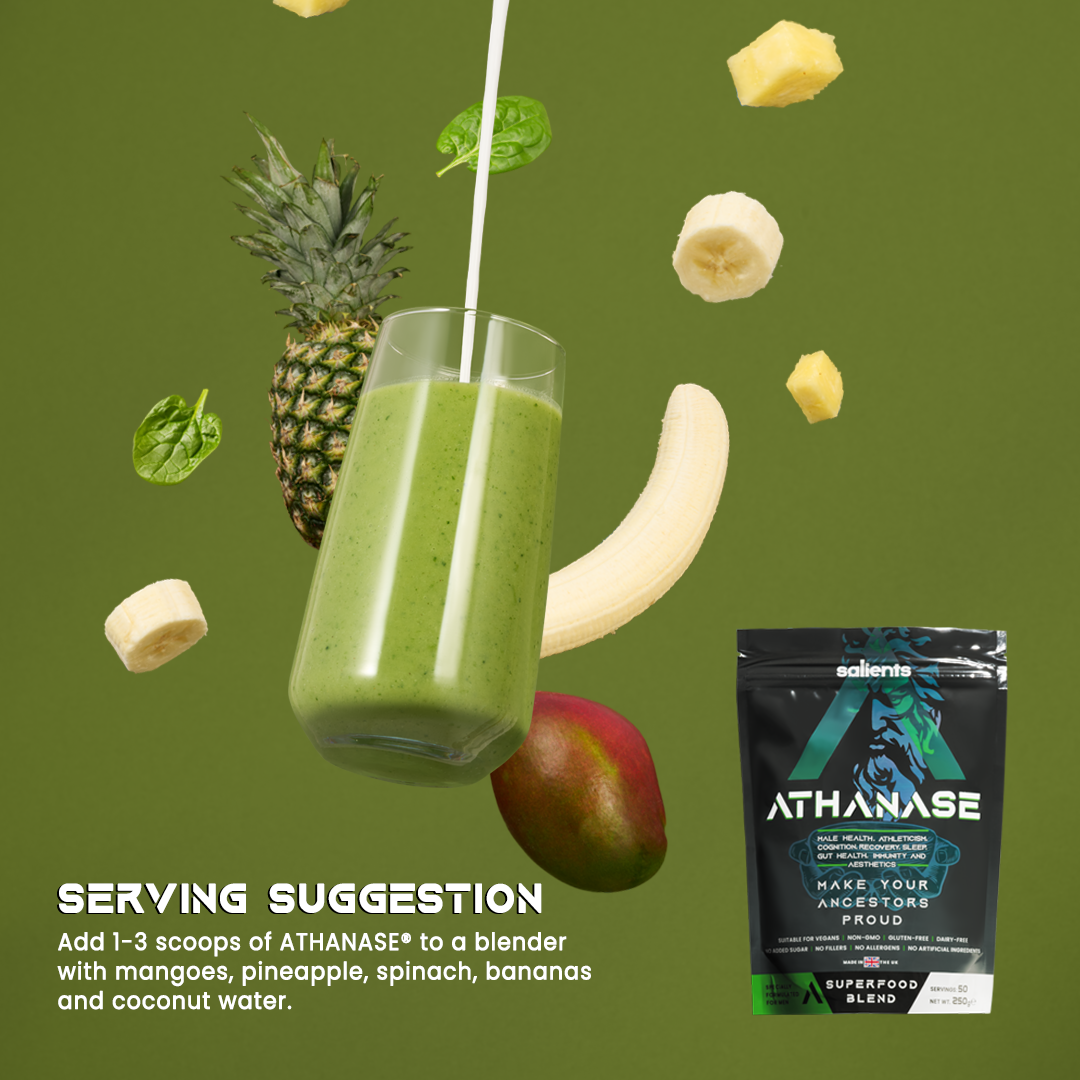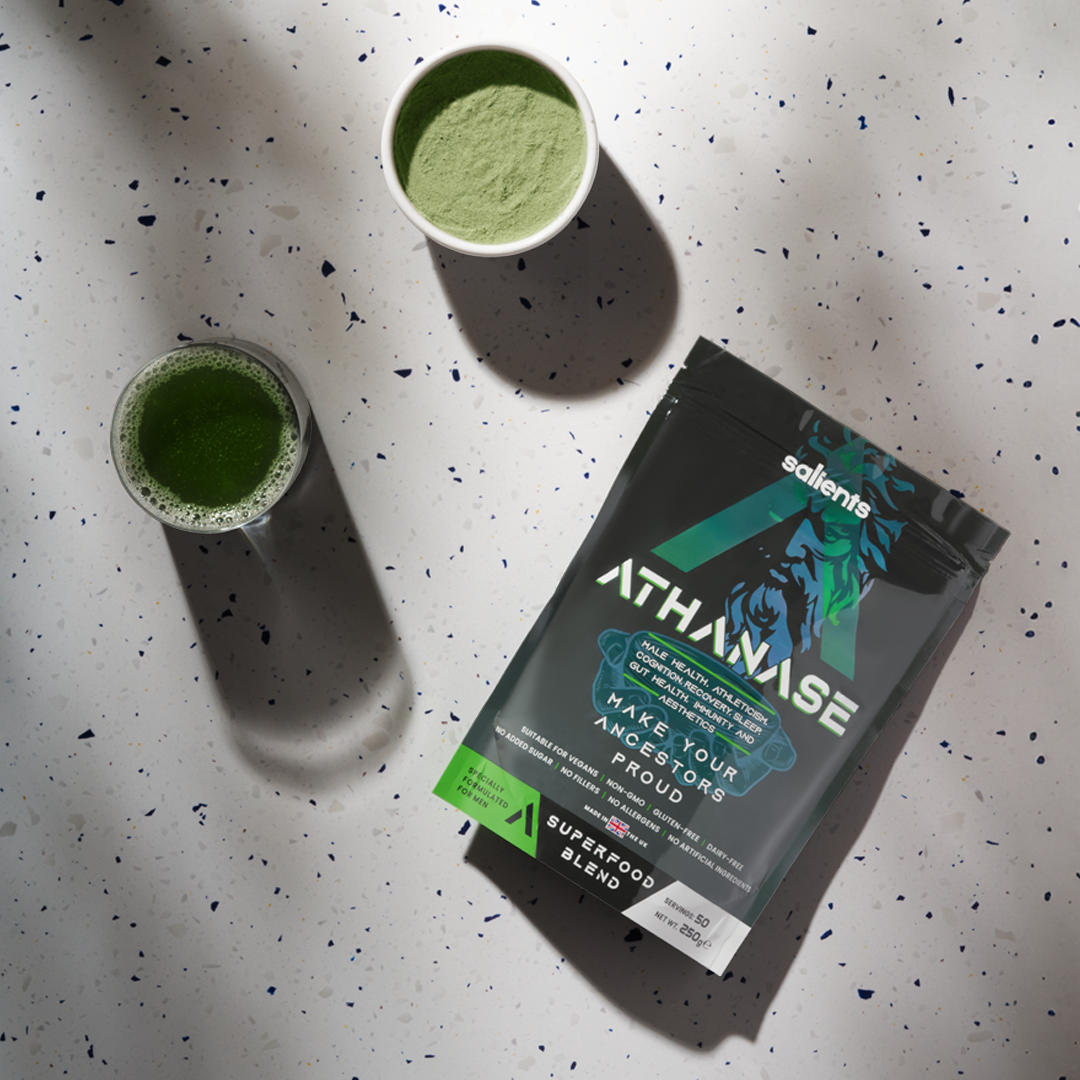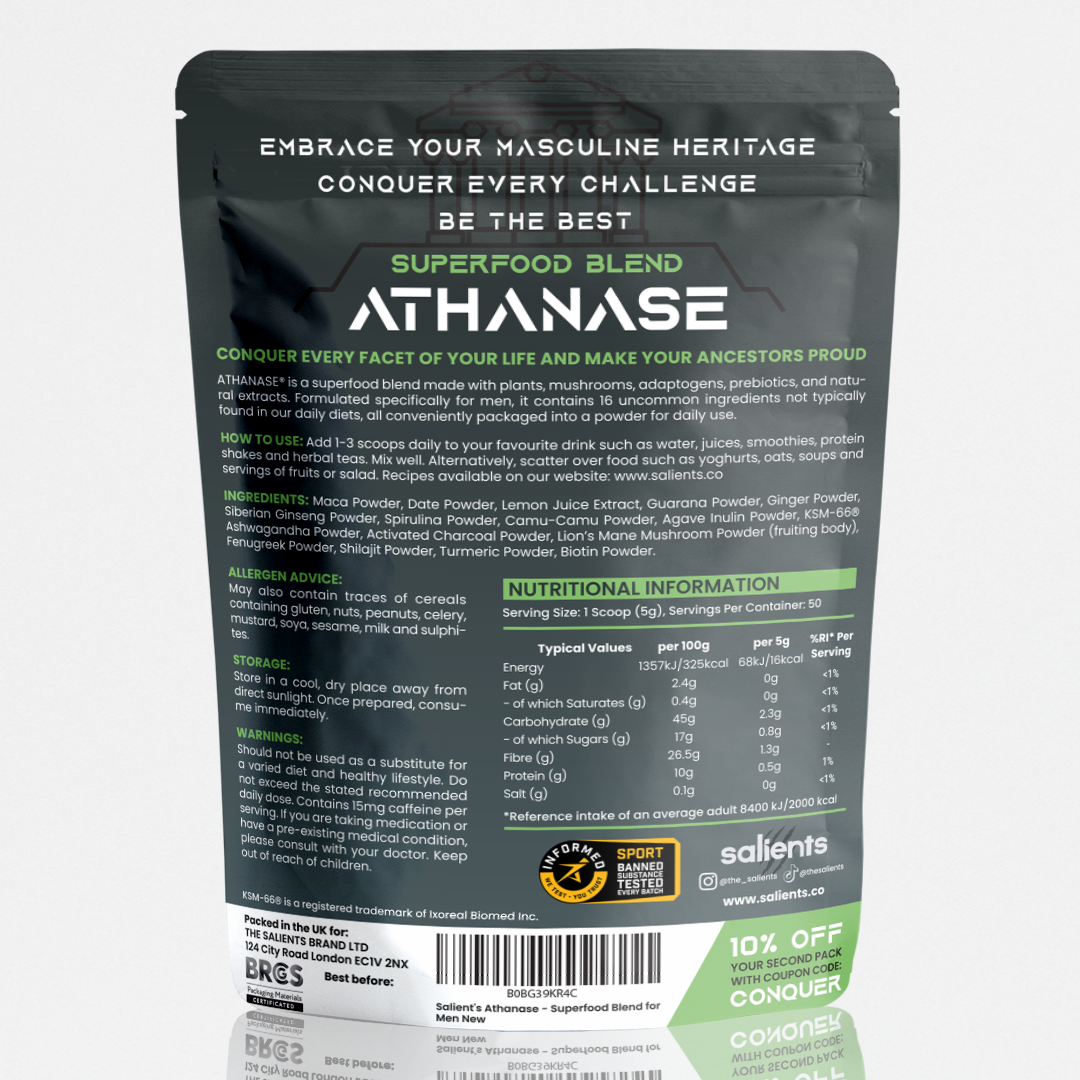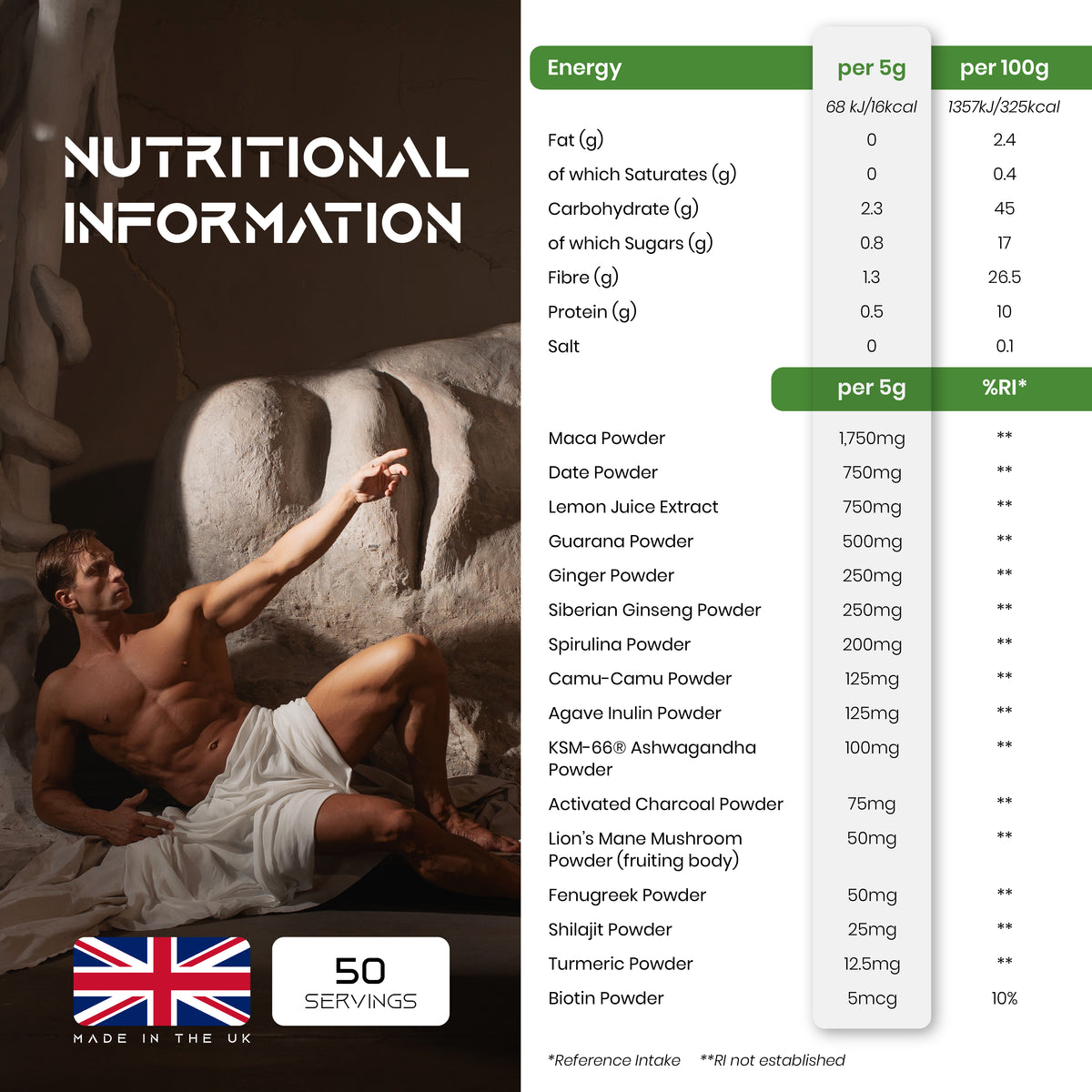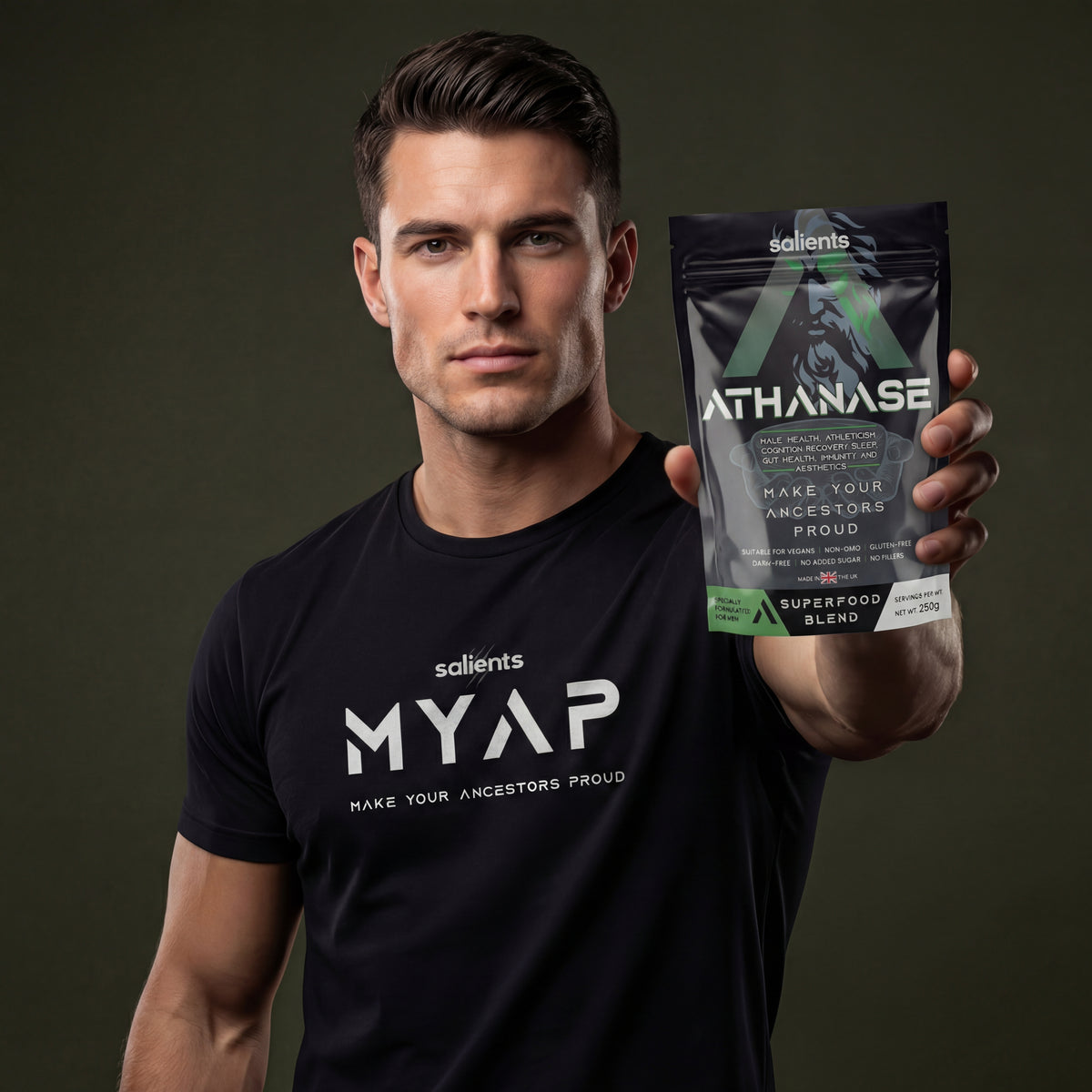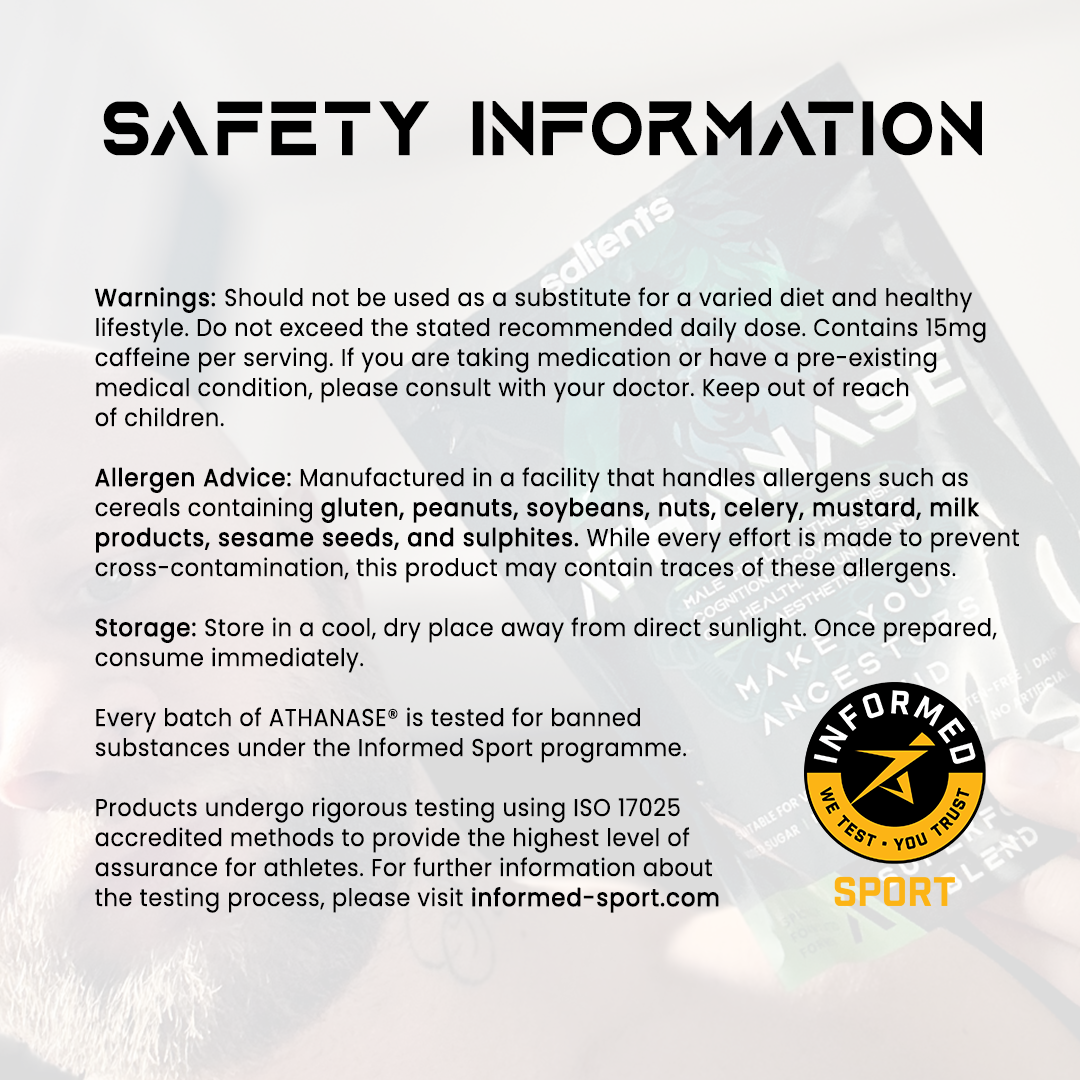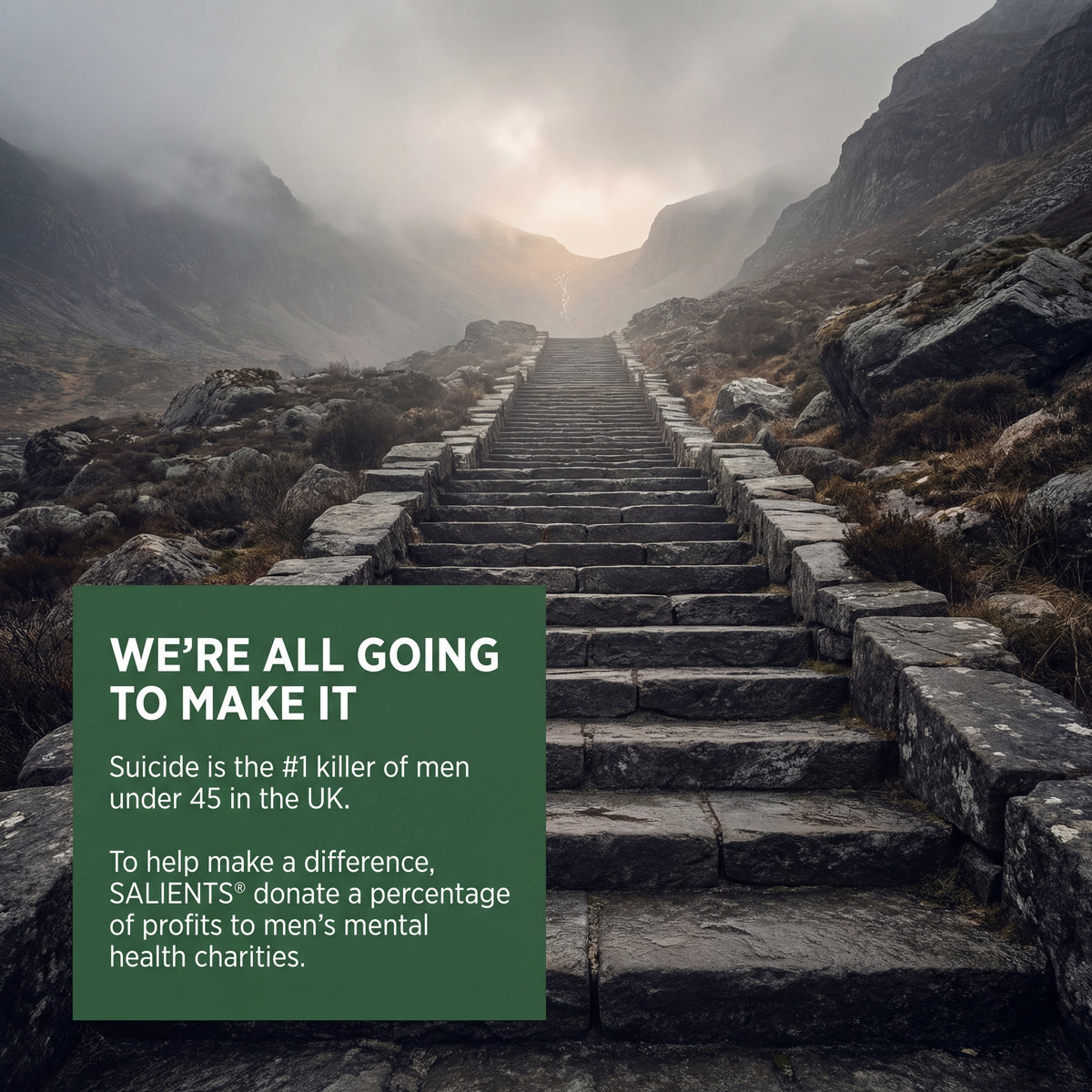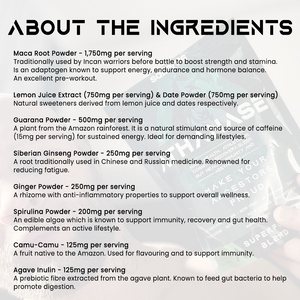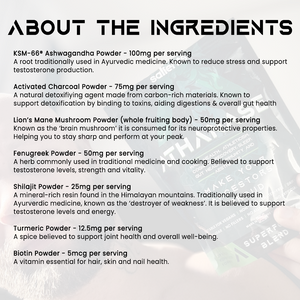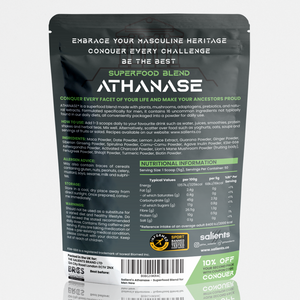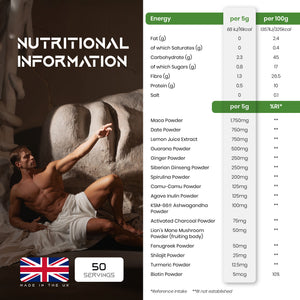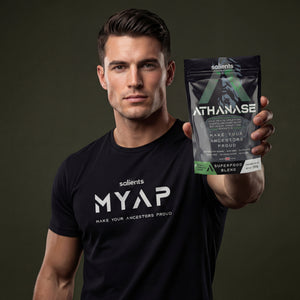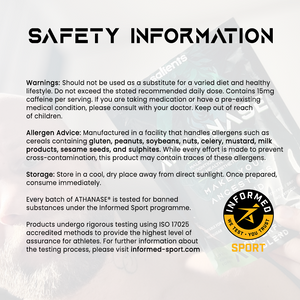Your Cart is Empty
MAKE YOUR ANCESTORS PROUD | FREE SHIPPING ON ALL UK AND US ORDERS
MAKE YOUR ANCESTORS PROUD | FREE SHIPPING ON ALL UK AND US ORDERS
Microplastics: A Growing Concern for Our Health
by The Salients August 27, 2024 4 min read
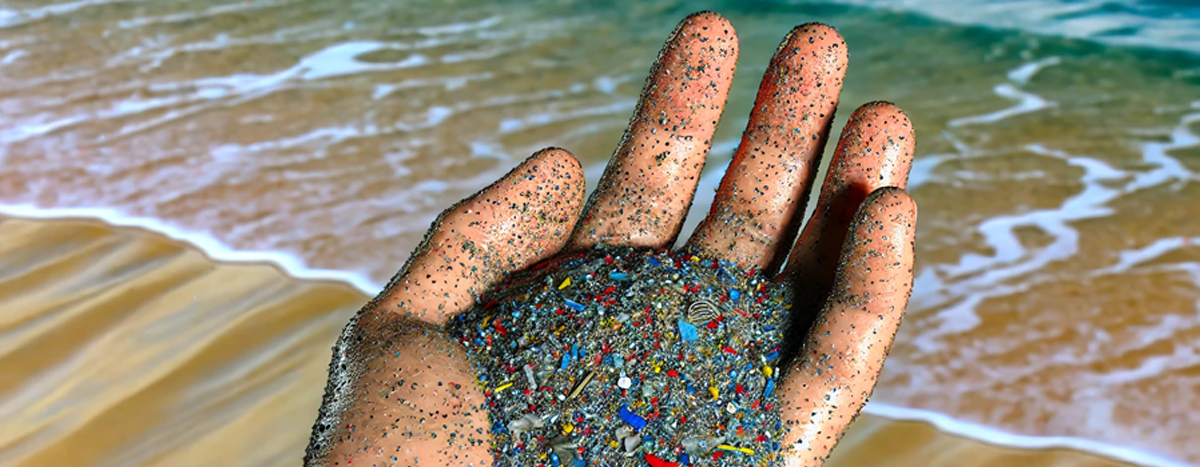
Microplastics, defined as plastic particles less than 5mm in size, have become a widespread environmental issue. These tiny particles are found in the air we breathe, the water we drink, and even within our bodies, affecting critical organs such as the brain, lungs, liver, kidneys, blood vessels, bone marrow, and reproductive organs. Although research is still developing, early studies indicate that microplastics could be significant health risks, potentially disrupting the endocrine system and affecting fertility.
What Are Microplastics?
They originate from the breakdown of larger plastic items, such as bottles, bags, and packaging materials, as well as from the intentional manufacturing of microbeads used in products like cosmetics and cleaning agents.There are two main types of microplastics:
- Primary Microplastics: These are manufactured specifically for commercial use. Examples include microbeads found in some facial scrubs, toothpaste, and other personal care products, as well as microfibers shed from synthetic clothing during washing.
- Secondary Microplastics: These result from the breakdown of larger plastic objects, such as water bottles, plastic bags, and other debris, due to environmental exposure over time. This breakdown is often accelerated by UV radiation from the sun, mechanical action from waves, or physical degradation over time.
These particles are small enough to enter our bodies through inhalation, ingestion, and even dermal absorption. Recent studies have detected microplastics in human blood, meaning they have an ability to travel within our bodies and accumulate in various organs.
Health Risks of Microplastics
The potential health risks associated with microplastics are concerning. Also known to be endocrine disruptors, they can interfere with the body’s hormonal systems, leading to various health issues, including fertility problems, cardiovascular disease, and certain cancers.
For men, emerging evidence suggests that microplastics could negatively impact sperm quality and reproductive health, potentially leading to fertility challenges. It’s just another reason for men to maintain a healthy lifestyle to become a more resilient man, to safeguard not only our well-being but also the health of future generations.
Recent studies have also linked microplastics to elevated atherosclerotic risk and increased vascular complexity in patients with acute coronary syndrome. This suggests that the accumulation of microplastics in the body may contribute to serious cardiovascular conditions.
How to Reduce Your Exposure to Microplastics
While it’s nearly impossible to eliminate microplastics entirely, there are practical steps we can take to help reduce exposure.- Stop Using Plastic Water Bottles: A 2024 study found approximately 240,000 microplastic particles in the average 1L water bottle. Opt for a high-quality stainless steel water bottle instead.
- Switch to Plastic-Free Kitchen Equipment: Use stainless steel or wooden alternatives for cooking utensils to avoid leaching microplastics.
- Avoid Non-Stick Pans: Choose stainless steel or cast iron pans for cooking to prevent the release of microplastics.
- Never Microwave Plastic: Use glass containers to avoid releasing microplastics from heated plastic.
- Choose a Stainless Steel Coffee Maker: Opt for a stainless steel coffee maker or a French press to avoid microplastics from plastic machines.
- Switch to Natural Fibre Bedding: Choose bedding made from organic cotton, linen, or wool to minimise microplastic release.
- Invest in a High-Quality Water Filter: Use a water filter certified to remove microplastic particles.
- Minimise Processed Food Consumption: Focus on whole foods that have not been heated or wrapped in plastic to reduce microplastic contamination.
- Reduce Polyester Clothing: Opt for natural fibers like cotton or wool to reduce microplastic release during washing.
- Choose Plastic-Free Personal Care Products: Switch to brands offering plastic-free alternatives.
- Use a High-Quality Air Purifier: A HEPA filter can help reduce airborne microplastics in your home.
- Transfer Plastic-Packaged Foods into Glass Containers: Use glass or stainless steel containers to minimise plastic exposure.
- Use Loose Tea Instead of Tea Bags: Opt for loose tea to avoid plastic contamination from tea bags.
A good general principle to understand is that the leaching of microplastics increase significantly when plastics are combined with heat.
In Summary
Microplastics are a growing concern, but they are just one of many challenges posed by modern life. It’s also important to avoid panicking and continually be cognisant of the fact that our most recent ancestors had to deal with environmental stressors much worse than what we currently face. Stressors such as lead, coal & radiation pollution in the air, unsafe working conditions, early & more harmful versions of food additives, and diseases that we’ve mostly beaten today. And people generally live longer as a result today than they did in the past.For those striving to live healthily and leave a strong legacy, it’s essential to take practical steps to reduce exposure while focusing on overall health. Prioritising on behaviours which significantly 'move the needle' should be your focus. For example, a strong diet, regular exercise, calculated risk-taking behaviours, competitive activities and sufficient rest will help you to become more resilient to the effects of environmental stressors like microplastics as much as possible. When it comes to ATHANASE®, it's always a good idea to transfer it in to a stainless steel or glass container. If a container is not available, then store it in a cool, dark location.
Our tagline is "Make Your Ancestors Proud” - it's a reminder for all of us to remember that our health impacts not just ourselves but also our ability to create and nurture future generations. By living health-consciously, we honour those who came before us and ensure that we’re strong and capable of fathering healthy children.
References:
https://www.ncbi.nlm.nih.gov/pmc/articles/PMC11100893/
https://pubs.acs.org/doi/10.1021/envhealth.3c00052
https://pubs.acs.org/doi/10.1021/envhealth.3c00053
https://www.ncbi.nlm.nih.gov/pmc/articles/PMC9885170/
https://particleandfibretoxicology.biomedcentral.com/articles/10.1186/s12989-024-00596-4
https://www.nih.gov/news-events/nih-research-matters/plastic-particles-bottled-water
The World's First Superfood Blend For Men
ATHANASE
2243 reviews
£28.00
MAKE YOUR ANCESTORS PROUD® with ATHANASE®. A blend of herbs specially formulated for men, to help conquer 7 areas:
| |
MALE HEALTH |
| |
ATHLETICISM |
| |
MOOD & COGNITION |
| |
RECOVERY & SLEEP |
| |
GUT HEALTH |
| |
IMMUNITY |
| |
AESTHETICS |
As seen in Men's Health Magazine and Certified by Informed Sport.
I
Ian Bryer Great Product
Been using this product about 2 weeks and already feeling the benefits
R
Richard Rough taste but mixed with electrolytes or juice its fine. Amazing product for increasing strength and recovery when hitting the gym daily🤘🏼
J
Jordan Brennan Athanase
Fantastic product. Feel the effects pretty quickly. Unexpected improvement in stamina.
I
I Y Athanese
Really good product, stopped using for a week to see if there was any difference and definetly noticed the difference it had been making. I felt less tired throughout the end of the day when taking it.
J
James Green Best on the market
Tastes horrible but with electrolytes and creatine then bobs your uncle
Select a purchase option to pre order this product
Countdown header
Countdown message
Countdown message
DAYS
:
HRS
:
MINS
:
SECS

